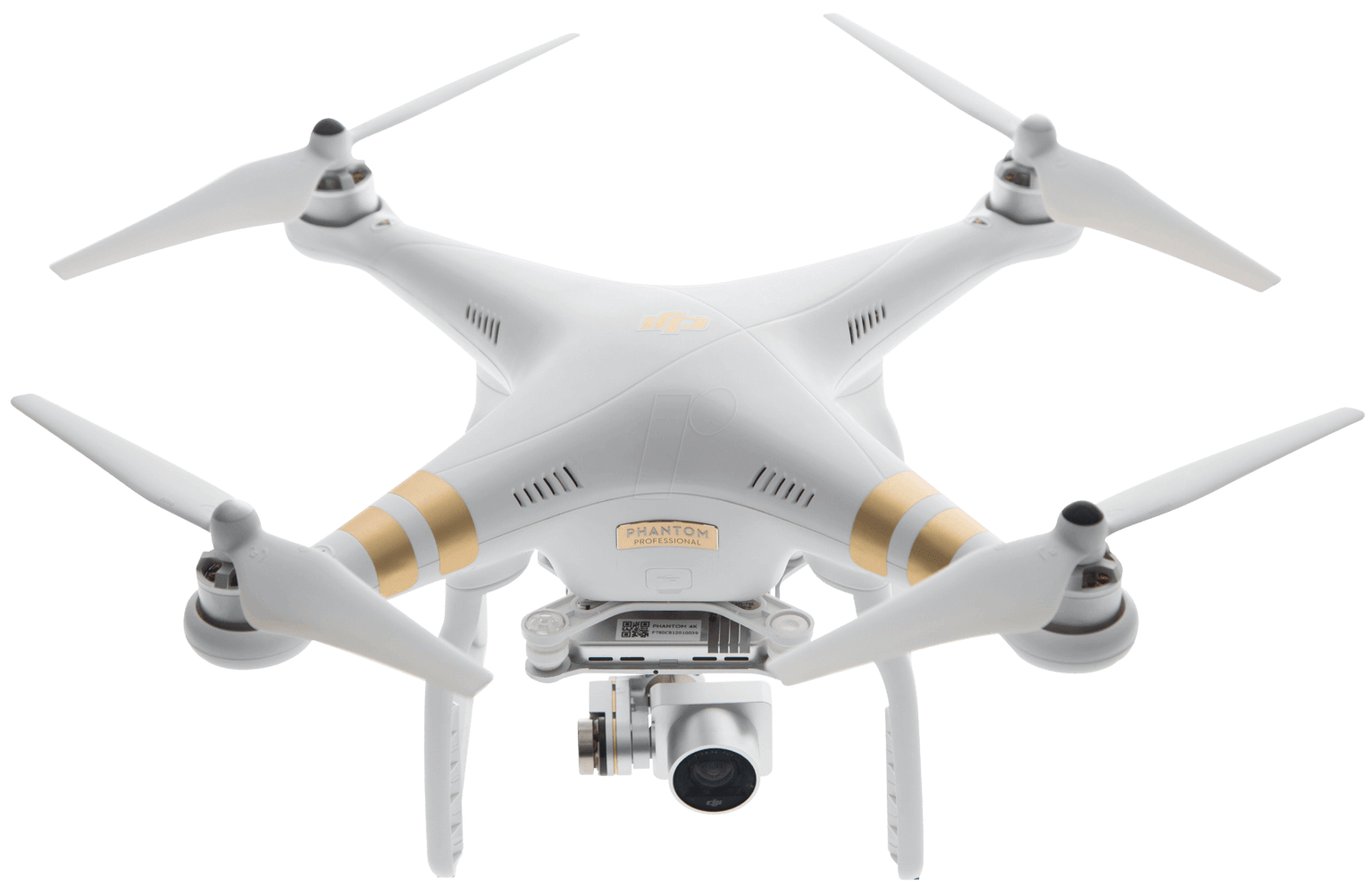Blackmagic Design URSA Studio Viewfinder
guaranteed safe checkout

Watch the Video!
Blackmagic URSA Studio Viewfinder
The URSA Studio Viewfinder from Blackmagic Design is specifically built to provide studio viewfinder functionality to your URSA Mini camera. With a 7" screen, manual control knobs, camera ID/tally light, and a tension adjustable articulating mount, the Studio Viewfinder seamlessly integrates into a studio style workflow for relaxed camera operation at sporting events, concerts, or in the studio. Three manual knobs next to the view screen provide control over brightness, contrast, and peaking without having to dive into the menu system.
A menu button on the left of the LCD screen allows you to quickly navigate the menu system and make adjustments, while three customizable buttons allow you to display a variety of exposure, focus, and framing guides including zoom, zebra, false color, histogram, edge focus detection, custom LUT support, three adjustable frame line overlays, and audio meter display.
- Articulating Mount
- The URSA Studio Viewfinder is designed to mount on top of your URSA Mini camera. The articulating mount is tension adjustable so you can easily adjust it to the tension that suits you best.
- 7" LCD Viewfinder
- Featuring a 1920 x 1080 IPS display, the viewfinder provides sharp, clear images with good off-axis viewing for when sudden camera moves don't allow for screen angle adjustment. It features a detachable sun hood and grab handles on either side for left or right-handed height adjustment.
- Display
- Along the top of the screen is displayed your camera number (for multi-camera shoots), the screen resolution, fps, shutter speed, lens iris, camera gain, white balance, and battery power.
- Manual Knobs
- Three manual control knobs to the right of the LCD view screen allow you to adjust the brightness, contrast, and peaking sensitivity without the need to enter the menu system or take your eyes from the viewfinder.
- Peaking is a real-time focus assist tool that superimposes pulsing red lines over the area of your image with the most contrast, and therefore the most focus. This makes it easier to confirm that subjects are in focus.
- Menu and Function Buttons
- To the left of the view screen is a manual menu knob, plus three assignable buttons. The menu knob allows you to navigate the menu, and you can assign functions to the buttons.
- Zoom allows you to magnify any portion of the image, useful for checking focus while using the menu knob to select which part of the image is magnified.
- Zebra is a real-time digital exposure tool that indicates when subjects or parts of the frame are outside of the exposure threshold. The zebra pattern will appear on the parts of the image that have reached 100% brightness to warn that the area is overexposed and in danger of clipping.
- The False Color feature provides under/over luminance warning by presenting the image as a series of color values representing exposure.
- Red, Blue, or Green Only mode shows the image as monochrome utilizing only the red, blue, or green color components of the image.
- The Histogram overlay provides a graphic depiction of how many pixels in your image are at each level between black and white. This provides exposure information so you can objectively judge how much of your image is clipping, falling into the shadows, or being captured faithfully.
- The Luminance Waveform provides an objective evaluation of your video signal. It displays the brightness of your image on an IRE scale, allowing you to see if your image will clip and where your black levels are.
- Frame Guides
- Three customizable frame guide overlays allow you to either create a custom aspect ratio, or use to define areas where graphics will be inserted downstream. Using the guides to approximate downstream graphics allows you to adjust your framing while taking these graphics into account.
- Tally
- On the talent side of the viewfinder is a tally light with replaceable acetate numbers to identify your camera to the talent or technical director. On the operator side of the viewfinder is a tally light that can light up indicating that the camera is providing the program picture. Please note that tally functionality requires a compatible tally over SDI connection.



